Now... we all know the old adage “All Roads lead to Rome”.
The logic behind it simply lies on the fact that during the roman empire, Julius Caesar ensured that all the roads connected every secondary cities to Rome but no roads connected these cities to each other, basically as an attempt to make more difficult for other cities to rise up in resistance against Rome (but we all know how that turned out in the end).
Nowadays we use this expression simply to say, there are different methods to get one result.
So yeah… maybe not in the same line of thought as Julius Caesar but when it comes to nearshoring, every “road” leads to Portugal. You will understand this analogy once you finish reading this.
In this article I will be explaining you:
- What is IT Outsourcing? And why is it so attractive?
- Difference between Onshore, Offshore, Nearshore. Which one to choose?
- The benefits of Nearshore?
- Why Portugal is PERFECT for Nearshore?
- Why choose a company like Syone?
So, to start off our article lets first understand what exactly IT Outsourcing is (and why it is so attractive to companies)
Outsourcing is mainly a term used to describe almost any corporate activity that is managed by a third party. The aim is to reduce costs, accelerate time to market, and take advantage of external expertise, assets and/or intellectual property.
According to Gartner, IT outsourcing is, “the use of external service providers to effectively deliver IT-enabled business process, application service and infrastructure solutions for business outcomes.”
Having understood the meaning, why is there such a hype around IT outsourcing?
In the book Enterprise Information Systems and the Digitalization of Business Functions, written by Tavana Madjid, he explains that not only IT outsourcing has been considered an undeniable trend, but it hasn’t stopped growing since the nineties until the present moment.
In fact, there are many enterprises around the world that see IT Outsourcing as the “holy grail” 🙏🏆 for all the problems within an organization. Do you believe that?
IT outsourcing services is a great way to improve your operations and reduce costs.
In short, IT outsourcing is very attractive to companies because:
- The greater economies of scale that can be gained (In simple words reduce costs);
- The ability of keeping abreast of the latest developments in its field;
- The way that it enables firms to take advantage from external expertise.
Just to give a quick heads-up before we jump into the comparison between the types of outsourcing.
For the sake of clarification, it is worth mentioning that there are 4 types of outsourcing: Local Outsourcing (the traditional outsourcing within client’s office), Offshore, Nearshore and Onshore.
Regarding the concept of Local Outsourcing vs Nearshore, Offshore and Onshore, although some of their objectives and methodology overlap, they are two distinct strategies. So, I would like to explain to you the difference between them as it is one of the most commonly misunderstood aspects.
Yes, both are aimed at improving business efficiency and productivity, while reducing operational costs. However, in the case of Local/Traditional Outsourcing it refers to contracting a 3rd party to find top tech talent to do the work at your office alongside your teams. In this case, you benefit from external expertise and don't need to worry about team management and training, but the operational (office) costs are still your's to handle.
Example: in Syone’s case, when we have our developers working in the client’s office, inside Portugal.
While on the other hand, Offshore, Nearshore and Onshore Outsourcing is the practice of contracting a 3rd party to put together a team to do the work remotely (outside your office, and in the first two cases outside the country). In these scenarios, besides benefiting from external expertise and team management and training, you can take advantage of not having to deal with office costs and gain economies of scale.
Example: in Syone’s case, when we have a team of developers installed here in Syone’s headquarters working for a company outside Portugal, like Cheffelo (Linas Matkasse) in Norway.
Long story short:
- Local/ Traditional Outsourcing is about contracting a 3rd party to do the work at your office alongside your teams.
- Offshore, Nearshore and Onshore Outsourcing is about geographically contracting a 3rd party to put together a team to do the work remotely (outside your office).
What is the difference between Onshore, Offshore and Nearshore (and which one you should choose)
Kindly remember that the benefits of software development outsourcing vary greatly by the type of outsourcing you utilize. So, keep in mind these 3 different types:
What is Onshore?
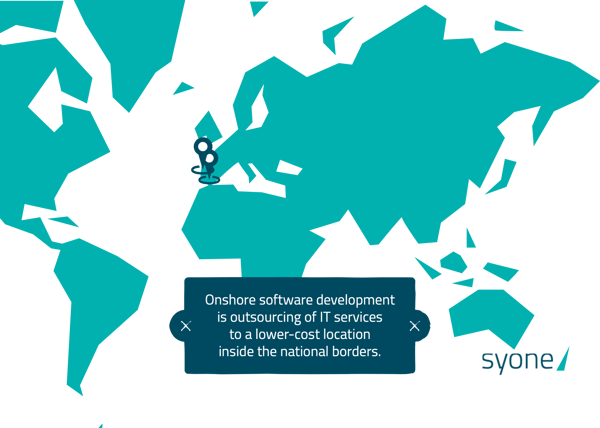 Figure 1 – Onshore software definition
Figure 1 – Onshore software definition
Onshore software development is just like Nearshore and Offshore but the outsourcing services come within the same country.
In this scenario, the advantages are evident, you can work with skilled teams in your own country, easily meet them if necessary and speak the same language. However, depending on your country, it can be a costly option.
What is Offshore?
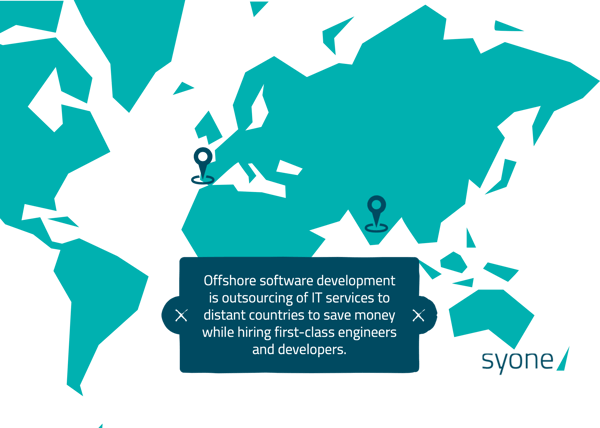 Figure 2 – Offshore software definition
Figure 2 – Offshore software definition
Offshore software development works just like nearshore except that your business pairs with companies located in a completely different part of the world.
In this case, you can remarkably reduce costs, while working diligently with highly skilled professionals! But working together can be more difficult because of the significantly different time zone.
What is Nearshore?
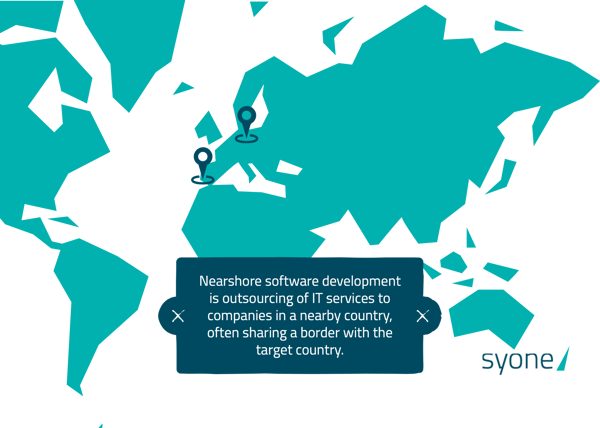 Figure 3 – Nearshore software definition
Figure 3 – Nearshore software definition
Nearshore software development is an outsourcing option where business pairs with workers in similar time zones and geographic proximity.
Nearshore can be the best of both worlds, your team will be located in countries with similar time zones which allows for good team communication, possibility for onsite visits if necessary and can help you reduce costs.
That being said, to better understand this comparison simply remember that the main difference between Nearshore, Offshore and Onshore outsourcing simply lies in the geographical distance from the client to the outsourcing service provider.
In a magnanimous attempt, I created the image below in order to save you some clicks next time, so here is the difference between Nearshore, Offshore and Onshore.
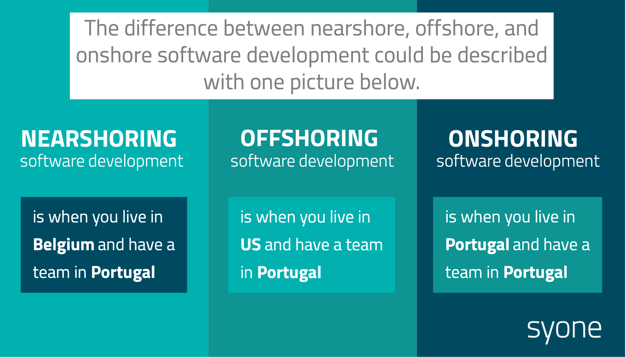 Figure 4 – Difference between Nearshoring, Offshoring, Onshoring
Figure 4 – Difference between Nearshoring, Offshoring, Onshoring
Having said all of that you might ask me:
“But Francisco, which type of Outsourcing should I choose?”
And I will answer you:
Well, stranger, that is a tricky question. To the best of my knowledge, whether Nearshore, Offshore, or Onshore Outsourcing is more beneficial for your company really depends on your priorities. Every case is different, and there is no right answer. Your decision should be guided by the complexity and its depth of occurrence, subsiding the ideology of “which option will save me more money and get me the best quality service”. And of course, it is also very important to choose the right partner, with the right location, experience and infrastructure - more details further.
But since Nearshore seams to be the win-win situation, let me talk a bit more about it...
What are the benefits of Nearshore?
As I’ve already stated above, there is a huge demand for outsourcing: the global outsourcing market is valued at $92.5 billion in total contract value.
Nevertheless, since the focus of this article is Nearshore… let’s focus on Nearshore then.
I will explain to you the benefits of Nearshore and how your organization can leverage these benefits.
Let’s start off with probably the most important and obvious benefit of Nearshoring:
-
Geographical Proximity
Nearshore software development companies are usually located in countries in similar time zones, which helps a lot with the communication. By having the same or similar time-zone it simply maximizes the amount of time you can spend on efficient communication. Furthermore, not only does this improve the communication, it also adds up major cost savings, if for instance a project requires face-to-face meetings it becomes more convenient and less expensive to travel.
-
Cultural Similarities
Adding to the fact that you are working with a neighbour country, this means that most of the time you will be sharing very similar cultural values, resulting in a good rapport through this cultural proximity. Additionally, your country will probably share the same bank-holidays, which can really help the effectiveness of the project.
-
Focus on what matters
Nearshoring will allow you to share any associated risks with your partners, consequently reducing your burden and allowing your key resources to focus on primary business tasks.
-
Better expertise
One of the main reasons why companies choose to go for software development outsourcing is because they are seeking specific skilled expertise. With Nearshore software development you have access to a wider range of experts that can help you.
-
Cost saving
This benefit is quite obvious, since it is a direct result from all the above benefits but also because most of the cases, companies opt for nearshore software development simply to reduce operational costs, by leveraging the lower wages experienced in other countries. Let’s be honest… Why pay more, if you can get the same quality (sometimes better) by spending fewer resources simply because it’s outside of your country?
Also, as I stated above, due the fact that your partnering company is near to your country, this also implies savings in transportation costs.
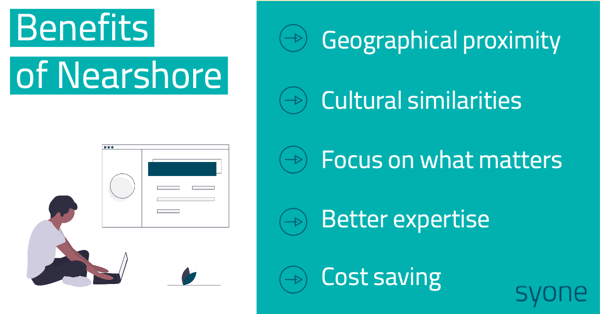 Figure 5 – Benefits of Nearshore
Figure 5 – Benefits of Nearshore
Incredible, right?
Nearshore is becoming one of the best business decisions for European clients, as it provides all the benefits listed above.
So now that we know what and how great Nearshoring is, which countries are the best for Nearshore?
I know…. I know….
I know that, “Saving Money” is the core reason of why companies choose to do Nearshoring but let me warn you that there are other important factors when choosing the Nearshore destination. For example: talent, cost-of-living, overall political and social stability etc.
If you take all of that into consideration, then I will share with you a little secret:
Portugal 🇵🇹 is the place to look at.
Why Portugal?
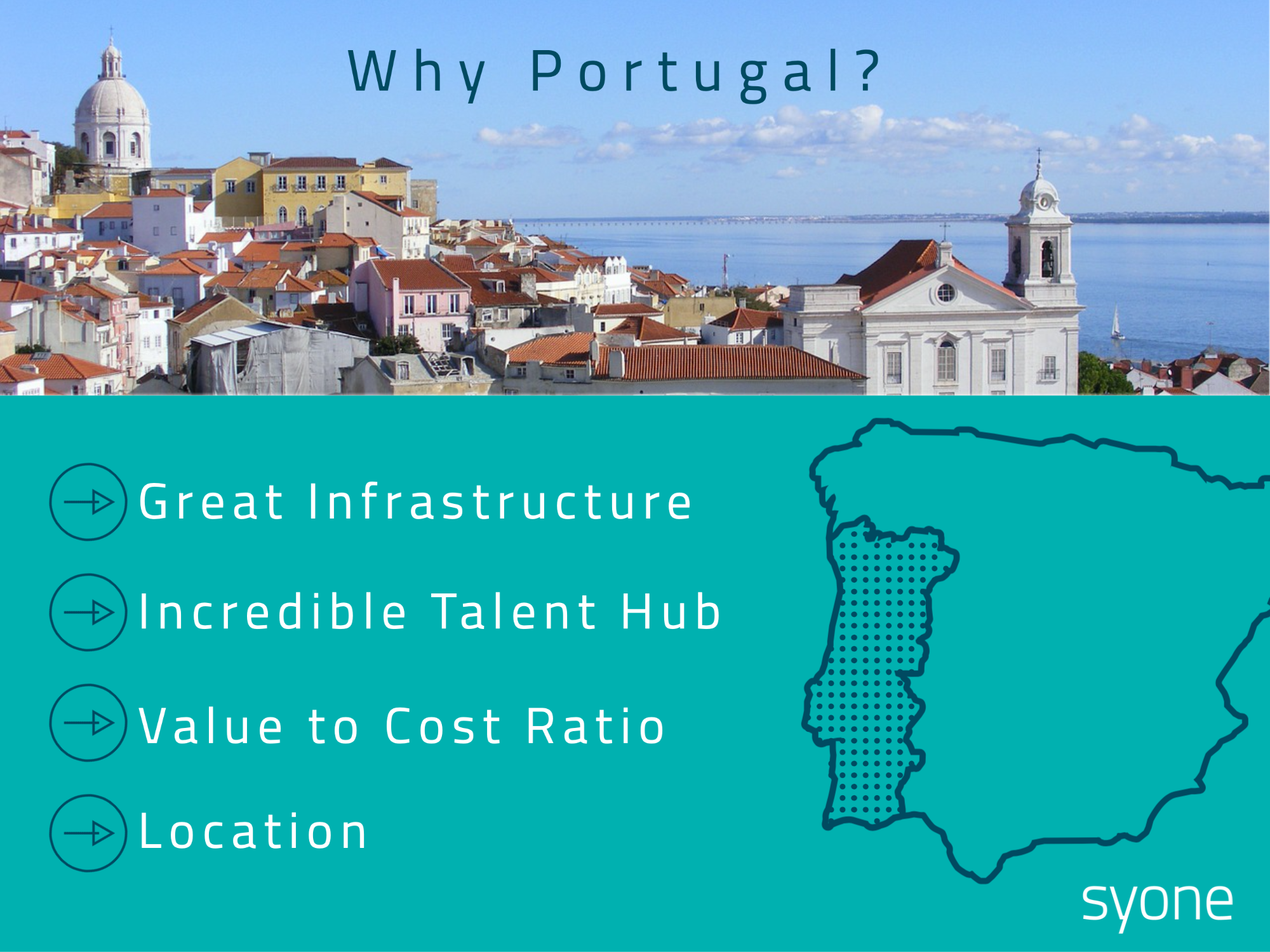 Figure 6 – Why choose Portugal for Nearshore
Figure 6 – Why choose Portugal for Nearshore
Now… Since you are an expert on this topic it will be easier for me to convince you that Portugal is the best country for Nearshore.
Let’s start with the obvious, shall we?
Aside from the fact that Portuguese people are very friendly, talk loudly, enjoy over 290 days of sunshine yearly and slurp down life-prolonging quantities of egg sweets and olive oil (such, at least, are the clichés), Portugal presents some incredible components making it the best Nearshoring destination.
Trust me on this one… beyond these great aspects of life, Portugal is truly creating a real technological revolution when it comes to Nearshoring, and I am going to prove it to you.
Portugal is just one-time zone ahead of all major European countries and is also on the top of the list when technology companies consider having development centres in Europe. In fact, Portugal, has emerged as a premier BPO destination, providing exceptional outsourcing solutions for global brands. Multinationals like Google, Microsoft, Nokia Siemens, SAP, Accenture, Altran and Cisco already have highly successful nearshore operations in Portugal.
-
Great Infrastructure
Portugal is ranked 30 out of a pool of 141 countries, when it comes to technology readiness and innovation, according to the The Global Competitiveness Index 2024, a yearly report published by the World Economic Forum, where it ranks countries by their ability of providing high levels of prosperity to their citizens.

Figure 7 – Network Readiness Index 2024
-
Incredible Talent hub
If I can just put in my two cents' worth, this point is probably the most remarkable. Simply because - trying not to be cocky here - but Portugal produces incredible talent.
Portugal is one of the countries with the highest English proficiency in the world (ranked in 12th place). This makes Portugal shine out among its European countries, as its population has shown the greatest increase in their language skills. As a matter of fact, according to the Eurostat National Institute of Statistics, 69% of the Portuguese population (aged between 18 and 64) stated that they knew one or more foreign language.
Additionally, Portugal is ranked in 23rd at IMD World Talent Ranking 2019, comparing favourably with UK (27th), France (24th), Slovenia (28th), Spain (34th), Poland (36th) or China (38th). This measurement is based on Investment and Development, Appeal and Readiness (which includes education, apprenticeships, workplace training, language skills, cost of living, quality of life, remuneration and tax rates).
-
Value to Cost Ratio
The average salary of a software developer in Portugal is now roughly €25,331 per year. In Germany, software developers earn significantly more, with an average salary of around €62,000, nearly 2.5 times higher. In Denmark, the average reaches approximately €75,000, while in Norway it's about €57,000. In France, the average salary is close to €46,900, and for our neighbors in Spain, it stands at around €36,500.
Taking this into consideration why pay high salaries for developers inside of your country if you can pay half of it and get the same quality (most probably better quality) if you decide to look for a nearshore software development team.
-
Location
Proximity is key when it comes to Nearshoring, and Portugal has the privilege of being located exactly at the centre of the world. Portugal has the same GMT time zone as the UK and has only 1-hour difference between central European time, which really makes it easier to communicate with other countries. Moreover, we are only a few hours away by plane from most European countries (yes with direct flights), so if you think about it, if you need it, is quite easy for you to drop by and work together with the Nearshore teams.
Lastly but not least, why choose a company like Syone?
I wouldn’t be doing my job right if I didn’t talk about the best company for nearshore here in Portugal.
At Syone, we are specialized in open source software development and we offer a cohesive service for nearshore teams, but most importantly we help our clients getting things done, as you can see in the client testimonial video below:
With our very tech driven country, we set up a highly qualified team of professionals that use their vast know-how to help you overcome your challenges. You'll have access to a pool of specialised profiles flexible to adapt to almost any kind of environment.
Now to wrap all of this up.
As you have probably already understood, having a nearshore team based in Portugal can be truly beneficial to your company but the crème de la crème is when you choose a company like Syone with incredible skilled developers.
Before you go… I believe that now this analogy makes sense:
When it comes to Nearshore every road leads to Portugal!!
Do you agree with me?
Need help to set up a highly qualified team for your next challenge?
Perfect! Let's schedule a discovery meeting so you can understand how we may help you.










